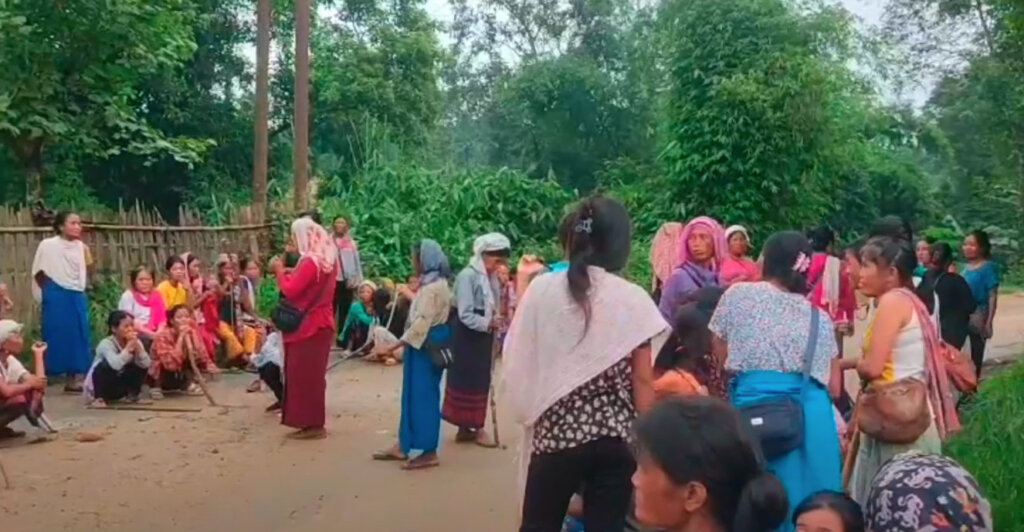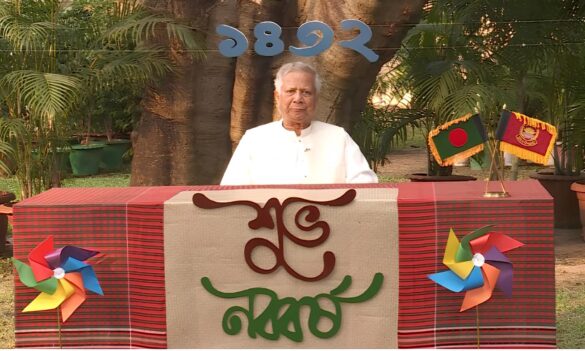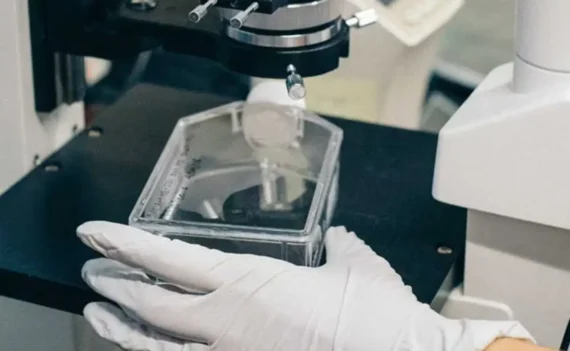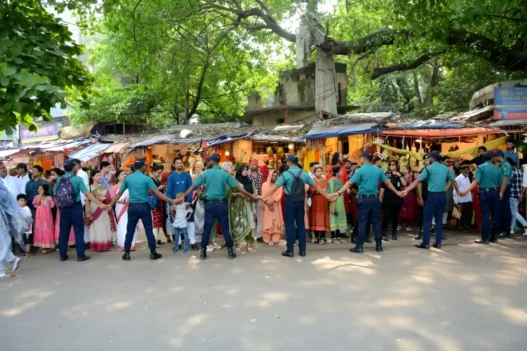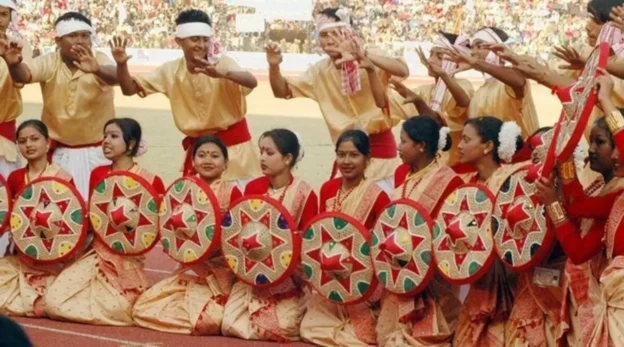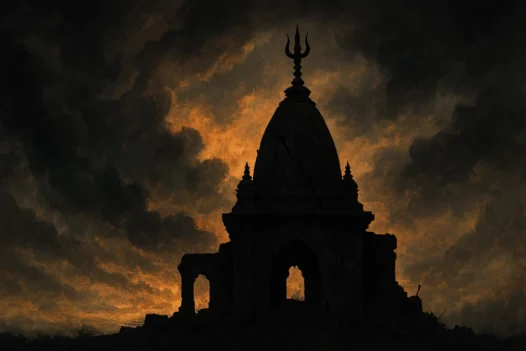The situation in Jiribam remains tense following a recent surge in ethnic violence. Union Home Minister Amit Shah chaired a high-level meeting in New Delhi, reassuring that the government, under Prime Minister Narendra Modi, is committed to ensuring the safety and security of all citizens in Manipur. Shah emphasized that the Ministry of Home Affairs will engage with both Meitei and Kuki groups to bridge the ethnic divide as soon as possible.
Transportation along National Highway 37 has been severely disrupted in the past 18 hours due to a blockade by Kuki women, following similar blockades by Meitei groups such as the Meitei radical group the Arambai Tenggol and women’s organisations under the umbrella of the Meira Paibis. The Kuki Women Union of Jiribam and Tamenglong (KWUJT) initiated the blockade on Monday morning, citing the necessity to halt goods along this vital highway, which is crucial for Imphal and the rest of Manipur. By Monday evening, over 500 Kuki women were reportedly obstructing the highway near Tatbung, halting all vehicle movement toward Imphal.
The blockade and counter-blockades are fallout from the violence that erupted on June 6 in Jiribam. The district, home to diverse communities including Meiteis, Nagas, Kukis, Zomis, Muslims, and non-Manipuris, has been on edge since the discovery of the lifeless body of a 59-year-old Meitei farmer, Soibam Saratkumar Singh, which led to the burning of tribal houses by enraged mobs.
“The Meitei community has been continuously causing problems for the Kuki-Zo tribals in Jiribam by burning abandoned Kuki-Zo houses and preventing Kuki-Zo people from traveling on NH-37,” stated a press note from the KWUJT. As a result, numerous goods-laden trucks heading to Imphal have been stranded along National Highway 37, with significant disruptions to the transportation of essential goods. Many trucks, initially stranded, began moving under tight security on June 15, but the blockade continues to cause severe disruption.
Manipur intellectuals view this blockade as a wake-up call to Chief Minister Biren Singh’s government, criticizing its failure to contain the conflict and curb communal hatred. Activist and political observer Ngaranmi Shimray has in a media article highlighted the undeclared blockade of Churachandpur by Meitei organizations, extortion by radicals, and unauthorized occupation of Kuki-Zo buildings in Imphal as indicative of the state of lawlessness in Manipur.
Meanwhile, Amit Shah has stressed the strategic deployment of central forces to restore peace and tranquillity, indicating that force numbers will be increased if necessary. He also reviewed the conditions in relief camps, ensuring the provision of food, water, medicines, and other basic amenities. Shah directed the state government to take strict legal action against those inciting violence and instructed the Chief Secretary of Manipur to provide proper health and education facilities for displaced people.
Following the recent violence, officials from Tamenglong and Jiribam police, along with the 39 Assam Rifles and the Deputy Commissioner of Jiribam, engaged in discussions with Kuki Inpi representatives at Phaital village school. While the Kuki leaders refrained from revealing their demands to the media, insider sources indicated that the talks primarily focused on lifting the restrictions on the procurement of medicines and essential goods for the Kuki community from Jiribam. The Deputy Commissioner of Jiribam is set to deliberate these points with officials from various departments and community leaders, with any decision regarding the lifting of the road blockade hinging on the outcomes of these discussions.
The authorities have yet to resolve the blockade, which continues to impede the movement of stranded vehicles and disrupt the transportation of essential goods. The ongoing conflict highlights the critical need for a comprehensive approach to mitigate ethnic tensions and reestablish peace in the region.

